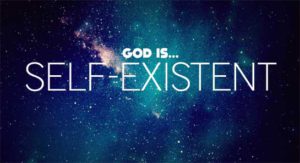
“For as the Father has life in himself.” (John 5:26)
Aseity and Immutability of God
In classical theism, God is the eternal absolute being who is independent of anything outside of himself. God is independent in his existence because he depends on nothing and no one for His existence. God is independent in his activity because all that is actual, apart from himself, exists by his will alone. He has all life, glory, and blessedness, in and of himself. He is self-sufficient. Creation does not add anything to God.
The Self-Existence (Aseity) of God
God is self-existent, that is, He has the ground of His existence in Himself. This idea is sometimes expressed by saying that He is causa sui (His own cause), but this expression is hardly accurate, since God is the uncaused, who exists by the necessity of His own Being, and therefore necessarily…The idea of God’s self-existence was generally expressed by the term aseitas, meaning self-originated… As the self-existent God, He is not only independent in Himself, but also causes everything to depend on Him. [Louis Berkhof, Systematic Theology (Eerdmans, 1938), p. 58.]
Continue reading “The Immutable God who Cares. Part 2 – Aseity & Immutability of God”
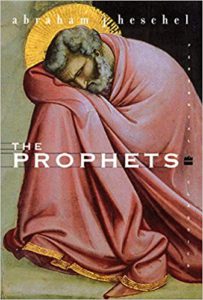
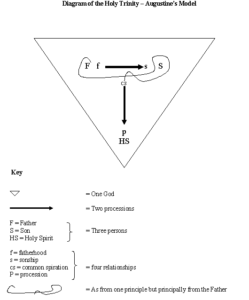
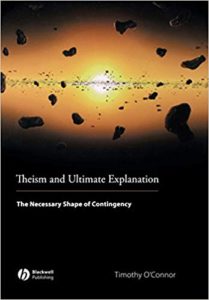
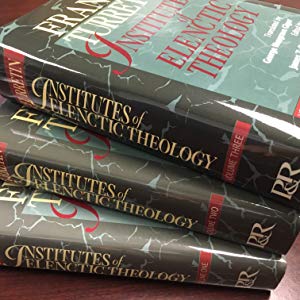 THIRTEENTH QUESTION: MIDDLE KNOWLEDGE
THIRTEENTH QUESTION: MIDDLE KNOWLEDGE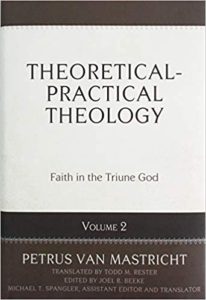 It has been suggested by some bloggers that exegesis is on the side of the Calvinists while logic is on the side of the Arminians. This suggestion sounds plausible since the majority of Christian philosophers today are either Arminians or Open theists. The bloggers are correct in acknowledging that Calvinists offer robust exegesis to support their arguments which is evident in the works of Thomas Schreiner, John Piper, Sam Storms and James White. However, the suggestion is mystifying since historically Calvinists have been accused of imposing of a rigid logical system onto Scripture. We can only conclude that the bloggers who suggest that Calvinists lack rigor in logical analysis have never bothered to read Calvin and his successors like Francis Turretin, John Owen, Jonathan Edwards or Dutch Reformed theologians like Wilhelmus Brakel and Petrus van Mastricht. A quick glance of Richard Muller’s 4-vol (2176 pages) work on Post-Reformation Reformed Dogmatics should immediately impress the reader of both the acuity and logical brilliance displayed by the Calvinists. It was precisely because the doctrinal disputations of the Reformed Scholastics were dominated by austere logic, where conciseness and clarity trumps readability that Calvinism has been accused on putting logic above Scripture.
It has been suggested by some bloggers that exegesis is on the side of the Calvinists while logic is on the side of the Arminians. This suggestion sounds plausible since the majority of Christian philosophers today are either Arminians or Open theists. The bloggers are correct in acknowledging that Calvinists offer robust exegesis to support their arguments which is evident in the works of Thomas Schreiner, John Piper, Sam Storms and James White. However, the suggestion is mystifying since historically Calvinists have been accused of imposing of a rigid logical system onto Scripture. We can only conclude that the bloggers who suggest that Calvinists lack rigor in logical analysis have never bothered to read Calvin and his successors like Francis Turretin, John Owen, Jonathan Edwards or Dutch Reformed theologians like Wilhelmus Brakel and Petrus van Mastricht. A quick glance of Richard Muller’s 4-vol (2176 pages) work on Post-Reformation Reformed Dogmatics should immediately impress the reader of both the acuity and logical brilliance displayed by the Calvinists. It was precisely because the doctrinal disputations of the Reformed Scholastics were dominated by austere logic, where conciseness and clarity trumps readability that Calvinism has been accused on putting logic above Scripture. 